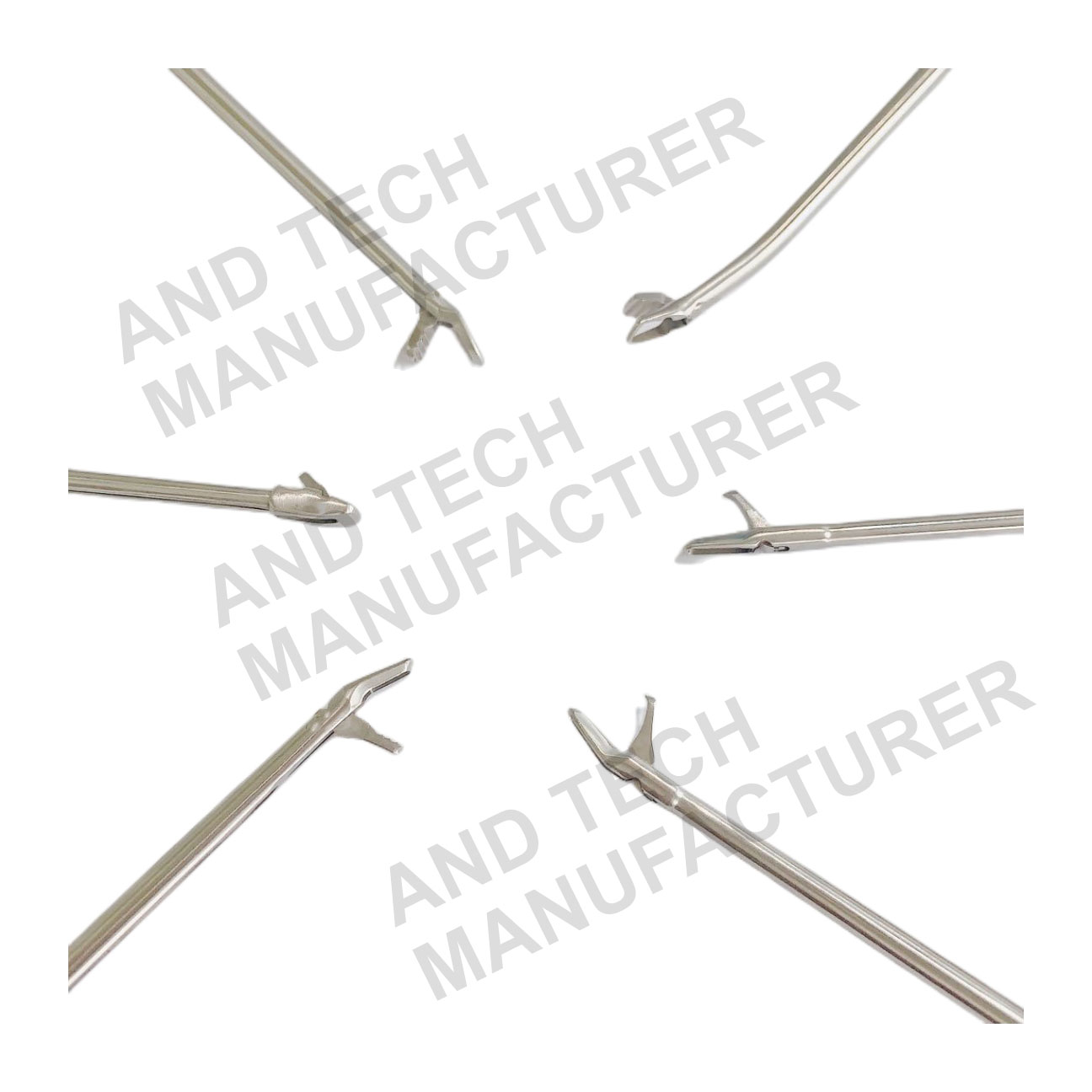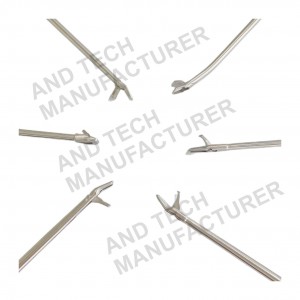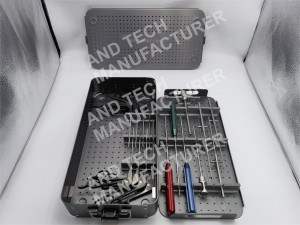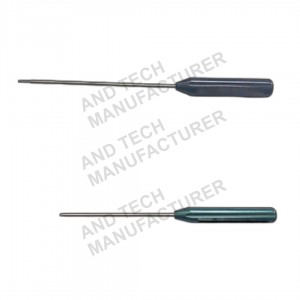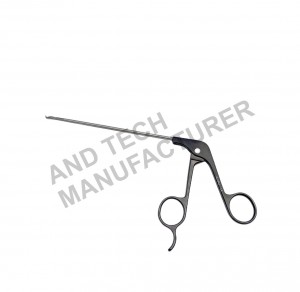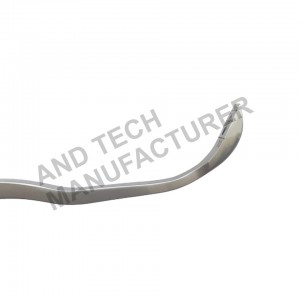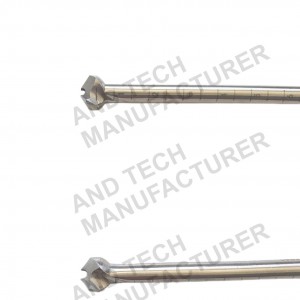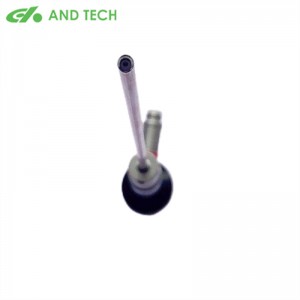Knee Arthroscopy Instruments
Patients with knee joint swelling, pain, instability or noose symptoms due to sports injuries should seek medical attention in time. If the meniscus injury, cruciate ligament injury or intra-articular loose body, chronic synovitis, early osteoarthritis and other diseases are ineffective after conservative treatment, they can also be further diagnosed and treated by arthroscopy.
Systemic or local infectious diseases (such as fever caused by infection), boils and swelling of the skin near the knee joint, severe hypertension, heart disease, diabetes or other serious diseases, patients who cannot tolerate anesthesia and surgery, etc., can not do knee surgery Arthroscopy.
On the day of surgery, the affected limb should be slightly elevated, and the patient should actively move the ankle to promote blood return. On the second day after the operation, you can practice lower limb muscle strength, and you can walk on the ground. Depending on the condition, the affected limb may be fully, partially or not weight-bearing while walking. Patients can be discharged within three or four days after meniscectomy and loose body removal; cruciate ligament reconstruction and synovectomy usually require 7 to 10 days of hospitalization due to complicated postoperative rehabilitation training.
Advantages of knee arthroscopy: Compared with traditional surgery, arthroscopic surgery does not require incision of the joint capsule. It is a minimally invasive surgery with small incisions, less pain, and relatively few complications, which are easy for patients to accept. In addition, arthroscopy can accurately and intuitively understand the lesions, which is conducive to a clear diagnosis. In addition, the operation does not affect the muscle structure around the joint, and patients can go down to the ground for activities and functional exercises in the early postoperative period, which is conducive to the recovery of joint function. Arthroscopy can perform operations that were difficult to perform with open surgery in the past, such as partial meniscectomy.
More Tips
Knee replacement surgery, also known as knee arthroplasty, can help relieve pain and restore function from a severely diseased knee joint. The surgery involves removing damaged bone and cartilage in the femur, tibia, and kneecap and replacing it with artificial joints (prostheses) made of metal alloys, high-grade plastics, and polymers.
The most common reason for knee replacement surgery is to relieve severe pain from osteoarthritis. Patients who need knee replacement surgery often have difficulty walking, climbing stairs, sitting on a chair, and getting up from a chair. Some people also have knee pain at rest.
For most people, knee replacement surgery can relieve pain, improve mobility, and improve quality of life. And most knee replacements are expected to last more than 15 years.
You can usually resume most daily activities, such as shopping and light housework, three to six weeks after surgery. If you can bend your knees enough to sit in a car, have enough muscle control to operate the brakes and accelerator, and don't take narcotic painkillers, you can still drive in about three weeks.
After recovery, you can engage in a variety of low-impact activities, such as walking, swimming, golfing, or biking. But you should avoid high-impact activities such as jogging, skiing, tennis, and contact sports or jumping. Consult your doctor about your limitations.






